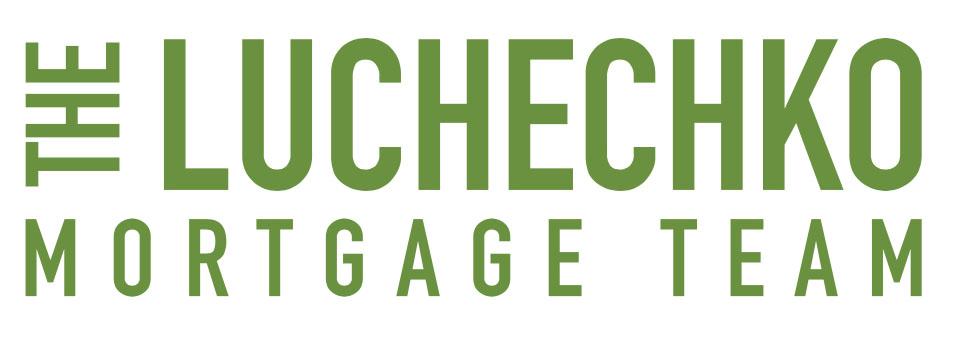The following three trends are taking place in the real estate market now. Understanding how they play into home decisions can help you:
Make educated choices about priority features in a new home
Determine how to list/market your current home for sale
Select upgrades and remodeling projects that may mean a greater return on investment down the line
There is a huge trend in extended families phenomena
Larger Extended Families = A Greater Need for Space
Families are growing. From multi-generational households to pets, the need for living space has increased in the last decade.
According to Generations United, one in four Americans, or 26% of the population, live in a multi-generational household. This number has grown dramatically over the last decade – almost quadrupling between the organization's 2011 and 2021 surveys. A multi-generational household, by definition, includes at least three generations. This could be a combination of grandparents, aunts and uncles, parents, children, etc. With a variety of individuals living under one roof, space is at a premium.
The number one reason sellers sold during the pandemic was to gain additional space, according to the National Association of Realtors. The pandemic served as one impetus for individuals to move into multi-generational households. By moving in together, families could take care of aging loved ones, pool their money and save on costs, and provide grown children who moved back home with more space.
If your rates are below the current market rate and you thought you couldn’t refinance – think again. There are several reasons to refinance. In some cases, even if you get rates higher than your current rates you could still end up saving a ton of cash.
Move to a Shorter Term: Why moving from a 30 Year Fixed to a 15 Year Fixed could be one of the best financial decision. if you have a rate that is below the current market rates, say 3.75% – moving to a 15 Year Fixed can save you hundreds of thousands of dollars.
Of course the larger the loan amount, the more the savings. But even on a relatively smaller loan amount, you can save a bunch load of money by moving into a 15 Year Fixed from a 30 Year Fixed. Alternatively, you can move to a 20 Year Fixed or a 25 Year Fixed mortgage.
Two caveats being – You should qualify and you should be comfortable with a higher payment.
Since the pandemic took place in our lives, we are experiencing few trends in the homebuying industry that appeared. Outdoor Features Rank High on Buyer’s Most Wanted Lists
According to a recent article in Kiplinger(Opens in a new window), “In today's housing market, outdoor living spaces have become the most coveted outdoor home feature.” An outstanding 82% of home buyers indicate they want a patio, and 81% say they want a front porch. Both are eye-catching and offer great curb appeal. They also provide additional living space for homeowners, giving them another space to relax and enjoy being outside.
If you have great outdoor features, such as a manicured lawn, garden beds, etc., don’t forget to showcase them with outdoor lighting. This feature also ranks high on the list of homeowner desires. Good lighting helps with presentation and the overall ambiance and enjoyment of your outdoor spaces. Best of all, it’s often relatively inexpensive to add. Kiplinger estimates the cost to install outdoor lighting at $260-$530.
No matter which stage you're at in your homeownership journey, you can learn a lot from current trends. Whether you’re looking to increase the value of your home for resale, enjoy the space you're in, or find a home that will meet your needs both now and in the future, these three trends will steer you in the right direction. Looking to learn more? Contact your Lucehhcko team members so we can help you stay informed on the latest in homeownership.



